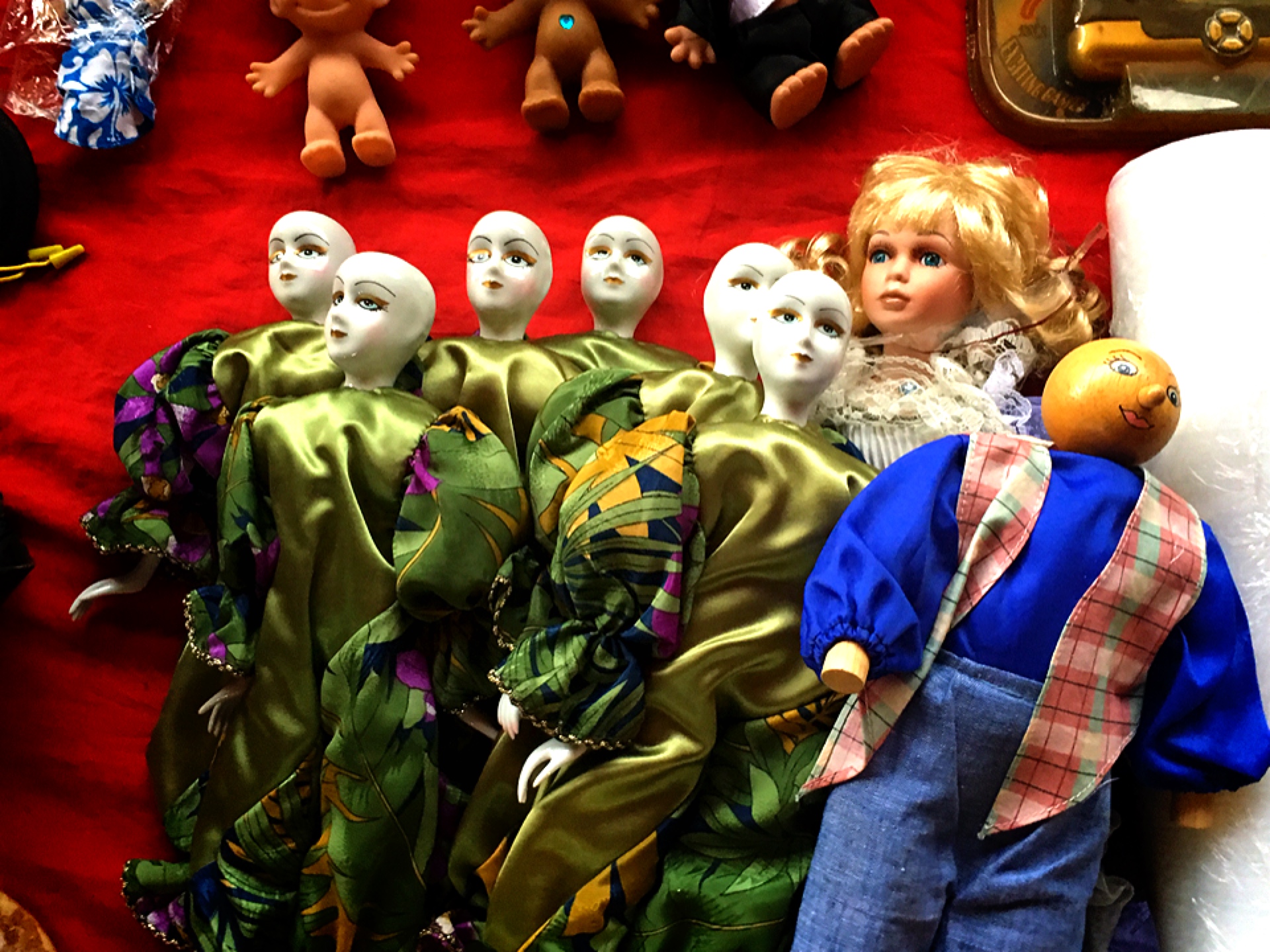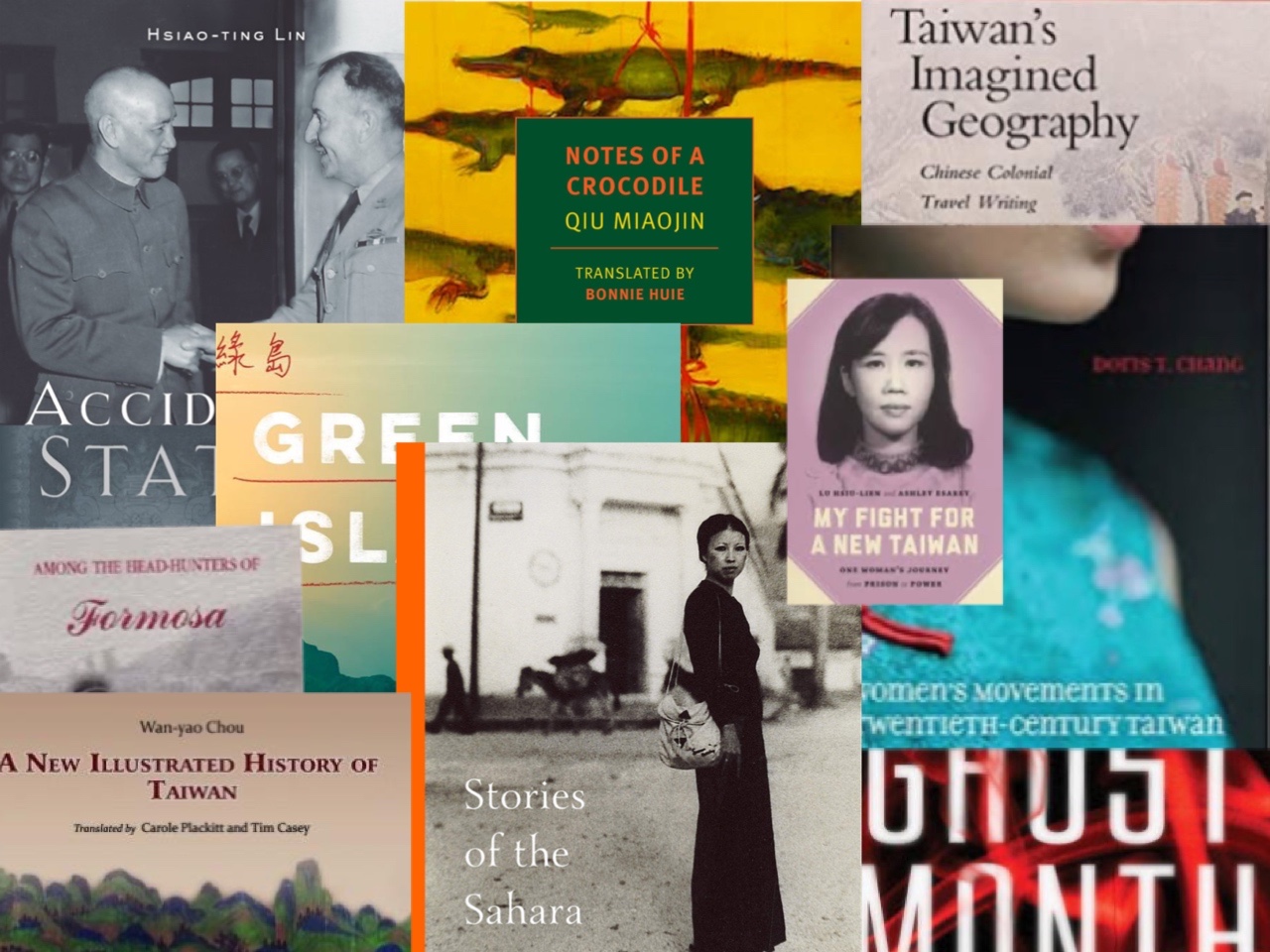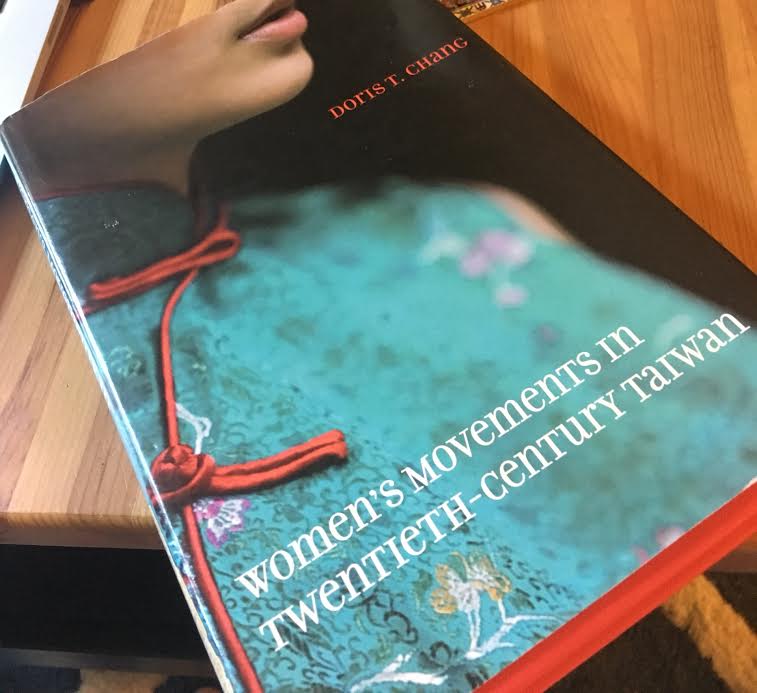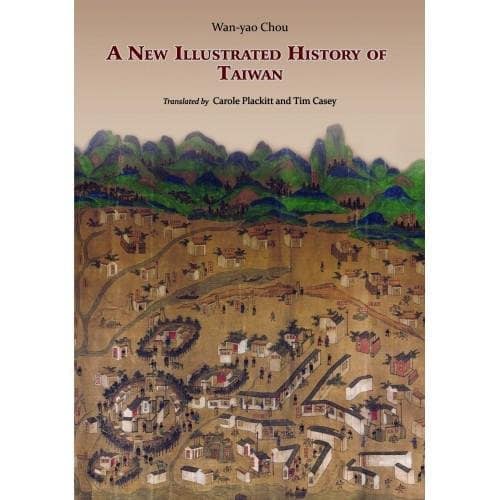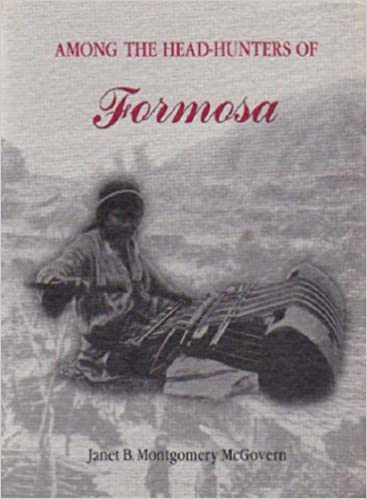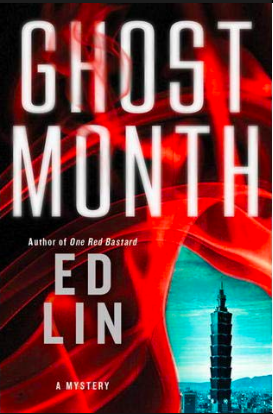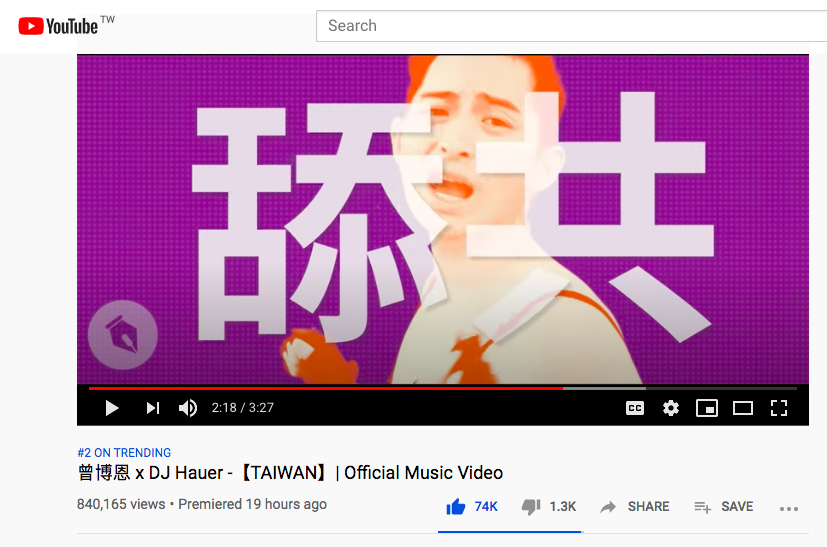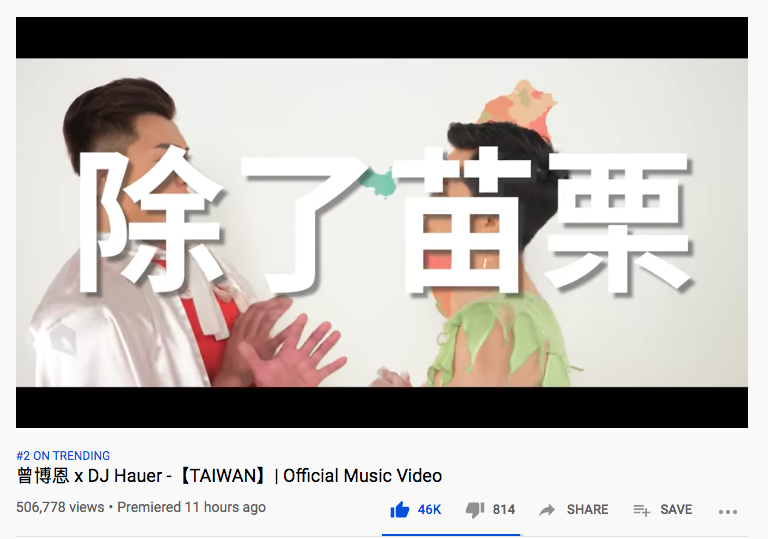 |
| This meme just seemed appropriate. |
I have a lot to do today, but wanted to quickly explore the game.
Here's how it works. People who should be on the same team appear to be split. There are those who think Trump's rhetoric on China and the WHO is right, and we must stand up to these global organizations. This group tends to believe that, as a result, Trump's actual actions constitute good strategy.
Then there's the camp that think nothing Trump says can ever be correct, and therefore we shouldn't stand against China, as this could create "a new cold war". They also tend to view the WHO as mostly good, rather than mostly political.
Both sides are partially wrong. Rhetorically, the Trump administration is mostly correct. Leaving aside "they gutted American industry" - no, we did that to ourselves - and talk of excluding whole groups of Chinese citizens, it's not wrong to point out that China is planning to treat Hong Kong as just another Chinese province, and that they've basically taken control of the WHO.
The CCP is on the brink of committing an unthinkable atrocity and have already committed many others. The WHO is a political organization that prioritizes factional battles over actually helping people. Hong Kongers do need assurance of assistance, both locally and as potential refugees. These issues do need to be dealt with and can't be buried under talk of "engagement" with a government that simply cannot be trusted to keep its promises.
But strategically, Trump is wrong. Ending Hong Kong's special status makes sense in terms of ensuring that China doesn't benefit from Hong Kong while oppressing it. But China's ultimate goal is to make Hong Kong unimportant, an extension of Shenzhen rather than a distinct cultural and economic entity. The CCP so clearly wants to promote cities like Shanghai as finance hubs and gateways to China, and I doubt they've realized that this won't be appealing to much of the world. Hong Kong's relative wealth and visibility make it difficult to control when its residents rebel against CCP brutality. Shanghai, on the other hand, is basically obedient.
On this front, I don't know what to say. The game is rigged. There is no right move. End Hong Kong's special status, and you hand China something that helps them destroy Hong Kong. Keep it in place, and you let China off the hook and help them economically, after all of the horrors they have perpetuated. Someone clearly foresaw this choice when thinking through their government's possible actions - and it wasn't anyone in the Trump administration. China had this in the bag before we even knew we were in a game.
This is basic strategy and it was not foregone that the CCP would figure it out first. In any case, it makes me absolutely furious that the US really should have known that this was the CCP's endgame. After all, Taiwan and Hong Kong have been ringing the warning bells since at least since 2014. The day the first Hong Kong bookseller was attacked was the day the US should have started figuring out what the end game might look like.
Instead, they ignored all of the Asian voices who honestly tried to raise the alarm - when I say that Taiwan has been trying to warn the world about the CCP Virus, I don't just mean COVID19. It's one of the fatal flaws of the West that they just don't seem to hear non-Western voices warning about a rising Nazi-like threat in their own backyard and boom, now we've got a Sudetenland situation.
The proposed exclusion of some Chinese students from the US is also a no-win strategy. CCP incursion into global (including Western) academia is a real thing and genuine security threat, and it's well-known that the CCP has a say in which students can go abroad, asking some to collect information in return for tuition paid. Banning Chinese students who studied at Chinese military universities as undergraduates (not all Chinese students, or even most, as some have claimed) seems to make sense.
But let's remember that the students themselves are not tied to any known wrongdoing, and security protocols already exist. If this is a threat it is probably not a highly pressing one - meaning it's showy but of negligible consequence - and that Trump wanted to institute a much broader ban in 2018, long before the Hong Kong protests began. Banning Chinese students as a broad category is a long-term goal of the Trump administration and many Republicans. It's not really about Hong Kong.
There are other things that can be done. Institute stricter security. Ban Confucius Institutes. End CCP funding for academic titles and other programs. You can enforce rules - which I am sure already exist - barring student groups from harassing other students and disbanding any groups that engage in such behavior. Why broadly target Chinese students?
In any case, Trump's rhetoric on Hong Kong doesn't exonerate him from the inherent racism of his administration, and doing everything he can to target Chinese students as a group, rather than looking for institutional ways to counter CCP threats, shows this.
How do we know they are racist, despite talk of helping Hong Kong refugees? I mean - [gestures vaguely at Minneapolis]. But also, a big chunk of Trump's 2016 campaign was predicated on stoking racism-based fears of refugees, especially from majority Muslim and Latin American countries. Then, once in office, he defunded many refugee resettlement programs and slashed the number of refugees allowed in. Don't delude yourself that Republicans care about "refugees" as a whole.
That doesn't mean we shouldn't help Hong Kong refugees. We absolutely should. But we should help refugees, from anywhere, period. Trump never wanted to do that, and he's not going to.
Finally, withdrawing from the WHO is not the way to fix problems inherent to the WHO. I spent a short amount of time supporting the US defunding that absolute joke of an organization, but honestly, the US is just conceding ground here. The WHO is garbage and Tedros Adhanom Ghebreyesus should be removed from office, if not in jail. But it is still an organization that the rest of the world broadly believes in, for some reason, and China will simply be able to control it better. Not necessarily through funding, but through building up a block of allies:
(2/X) So how? I think the answer lies in the group dynamics of WHO members, which in turn influence the WHO leadership. In WHO’s 2017 election of Director-General, Tedros Adhanom Ghebreyesus was backed by the global south as well as China, which often poses itself as...— Yu-Jie Chen 😷 (@yujiechentw) March 31, 2020
representing the interests of the global South. See this:https://t.co/Bb8ApcsNV7. Although WHO’s ballots were cast in secret (we couldn’t see who voted what), I would be surprised if there had not been careful coordination between China & global South to ensure Tedros' victory.— Yu-Jie Chen 😷 (@yujiechentw) March 31, 2020
(Go read the whole thread).
This rebranding of "authoritarian nations" as "the Global South" (a possibly once helpful way of thinking about the world which I think has lost its luster) is a part of what keeps the dumber among liberals still believing in them.
A big chunk of China's argument for why it should be considered next global leader is that unlike the evil, imperialist, Western United States, China represents a new and better orientation away from the primacy of Western (and therefore historically imperialist) interests in the world.
There are a lot of people who believe (correctly) that white, Western countries became rich in great part from plundering the wealth of the rest of the world, and that this is one of the great tragedies of history. However, there's a tendency to twist that argument around and insist that as imperialism in all its forms is most visibly white, that it can therefore only be white, and therefore anything "non-Western" must be preferable.
Frankly, I see the appeal. Nothing sounds better than re-orienting towards leadership by people of color who can build a more equitable post-colonial world.
Except, of course, China's not doing that.
Their goal is not to break down divisions so that the "Global South" may enjoy the same level of development and well-being as the "Global North", which would include things like human rights. It's to cement its position as the permanent leader of these nations, supporting and replicating its own system of anti-humanitarian, authoritarian repression. It wants supplicants. Serfs. It wants its own colonial empire, cloaked in the language of leftie progressivism.
There are a lot of people who believe (correctly) that white, Western countries became rich in great part from plundering the wealth of the rest of the world, and that this is one of the great tragedies of history. However, there's a tendency to twist that argument around and insist that as imperialism in all its forms is most visibly white, that it can therefore only be white, and therefore anything "non-Western" must be preferable.
Frankly, I see the appeal. Nothing sounds better than re-orienting towards leadership by people of color who can build a more equitable post-colonial world.
Except, of course, China's not doing that.
Their goal is not to break down divisions so that the "Global South" may enjoy the same level of development and well-being as the "Global North", which would include things like human rights. It's to cement its position as the permanent leader of these nations, supporting and replicating its own system of anti-humanitarian, authoritarian repression. It wants supplicants. Serfs. It wants its own colonial empire, cloaked in the language of leftie progressivism.
The WHO is just a tool in that game. And by withdrawing, we're handing it to them.
Usually I say that when it comes to the CCP, the only way to win the game is not to play, but this is absolutely not what I mean. Opposition is not the same as playing. There are games bigger than those devised by the CCP that are worth playing, and this was one of them.
There are better ways, and if the rest of the world would only listen to Taiwan, perhaps they'd see that.
Rather than flouncing off in a huff and leaving the WHO to China, Taiwan has been trying to raise awareness of its exclusion. That not only helps Taiwan's global visibility, it highlights the ways that the CCP has been slowly taking over international organizations. Engaging, petitioning, speaking out, countering - yes, it feels like playing a game we can't win, but honestly, we got pretty far with it. There was an impact, however unsatisfying in the end.
In fact, one of the reasons I admire President Tsai is that she can look at China's ridiculous carnival games - hoops on an angle, balls that are too big for their buckets, weighted milk bottles, carefully-placed tables of a certain height - and see not just the game, but the rigging. If you can see the rigging, you can begin to devise a strategy to get around it. Tsai does this better than any other leader in the world.
Even when it comes to issues such as framing the discussion on independence or potentially (maybe) gaining diplomatic recognition, she treads like a trained explosives detector across a minefield, not a tank. Trump? He's a tank with a particularly stupid driver.
She's doing that rather marvelously, and Trump is flailing like the screaming racist baby he is. He may be tough on the CCP, and I do actually think he is right about them, but he doesn't know what to do about it. His strategies will fail, because they were ham-fisted to begin with and certainly didn't take into account what's really going on with these games.
This is why Tsai, not Trump - and not "we have a strategic interest to engage" Merkel (translation: $$$), nor "did well with COVID19 but not so much the CCP Virus" Ardern - is the true leader of the free world.
There is more that Taiwan can do, which I'd like to explore in a later post. There are reasons why pivoting away from the US and towards an "Asian Century" is not a bad idea, as long as that century does not include the CCP - again, for a later post.
What I'm trying to say here is: when deciding exactly how not to play the CCP's games, there is more strategy involved than people realize. It's not always a simple matter of walking away, because other players and bigger concerns need to be dealt with.
Taiwan has figured this out. One of the best strategies we can adopt is simply to listen to Taiwan and other Asian voices when they warn of encroaching CCP authoritarianism. For liberals, that means curbing the tendency to equate "we want to engage with the world and that includes China" with being a good liberal and global citizen. Good liberals don't pretend modern-day Nazis are acceptable negotiation partners and listen to marginalized voices around the world, not just dominant ones. For conservatives, it means ending racist platforms in all ways and actually paying attention to the voices of people of color, rather than acting like white saviors.
For both sides, just listen. The rest of Asia - and especially Taiwan - is telling you what to do and where the traps are.
When will the US and the rest of the world open its ears?

